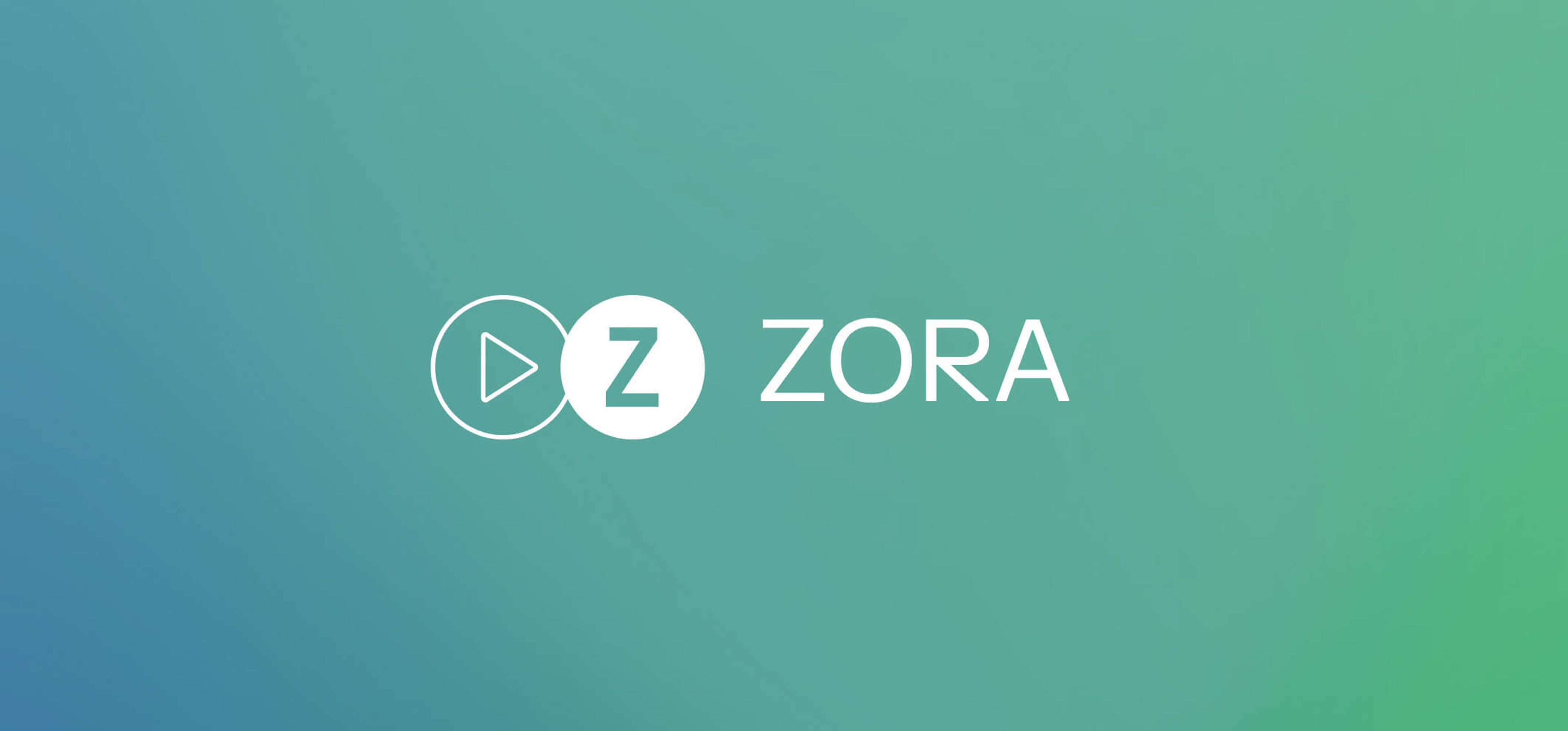Interview
15-minute fundamentals with Zora

Tyson, CTO & Co-Founder of Zora, joined us for an episode the discuss what Zora is, how it works, the state of the NFT market, current growth drivers and challenges, plans for the future, and more.
Zora is a non-custodial NFT protocol built on Ethereum that makes it easy for creators and collectors to experience and express creativity and imagination on-chain.
Zora's dashboard on Token Terminal: https://tokenterminal.com/terminal/projects/zora
Timestamps:
00:00 Introduction
01:42 The core pain-points that Zora solves for creators and collectors
03:20 Overview of Zora’s product: Protocol & platform
04:05 Most common use-cases for Zora today
05:04 State of the NFT market & Zora’s position within it
06:38 Analyzing the market potential for Zora
07:39 The role of partnerships on Zora: Case “Base, introduced”
09:02 Current growth drivers & challenges
10:54 Technical overview of how Zora works
13:18 Economic and business models
14:06 The team behind Zora
15:10 What’s next for Zora?
The authors of this content, or members, affiliates, or stakeholders of Token Terminal may be participating or are invested in protocols or tokens mentioned herein. The foregoing statement acts as a disclosure of potential conflicts of interest and is not a recommendation to purchase or invest in any token or participate in any protocol. Token Terminal does not recommend any particular course of action in relation to any token or protocol. The content herein is meant purely for educational and informational purposes only, and should not be relied upon as financial, investment, legal, tax or any other professional or other advice. None of the content and information herein is presented to induce or to attempt to induce any reader or other person to buy, sell or hold any token or participate in any protocol or enter into, or offer to enter into, any agreement for or with a view to buying or selling any token or participating in any protocol. Statements made herein (including statements of opinion, if any) are wholly generic and not tailored to take into account the personal needs and unique circumstances of any reader or any other person. Readers are strongly urged to exercise caution and have regard to their own personal needs and circumstances before making any decision to buy or sell any token or participate in any protocol. Observations and views expressed herein may be changed by Token Terminal at any time without notice. Token Terminal accepts no liability whatsoever for any losses or liabilities arising from the use of or reliance on any of this content.
Stay in the loop
Join our mailing list to get the latest insights!
Continue reading
- Token Terminal Partners with Firstset

Token Terminal Partners with Firstset
Together, Token Terminal and Firstset (“TT x 1S”) provide blockchain networks—both emerging and established—with a comprehensive validator solution that goes beyond traditional validation services. By partnering with TT x 1S, a network gets access to enterprise-level validation services, institutional-grade onchain analytics, and a Wall Street distribution—-from testnet to mainnet and beyond.
- Announcing Our Engineering Blog Series: ‘How We Build’ by the Token Terminal Engineering Team

Announcing Our Engineering Blog Series: ‘How We Build’ by the Token Terminal Engineering Team
We’re excited to launch our new blog series, ‘How We Build,’ where our engineering team takes you behind the scenes to reveal how we run a scalable and reliable blockchain data pipeline—the core infrastructure powering all of Token Terminal’s products. From managing in-house node infrastructure across 40+ blockchains to maintaining a 400TB data warehouse.
- No history, no trust: why full nodes alone aren’t enough

No history, no trust: why full nodes alone aren’t enough
Archival nodes are vital for maintaining the full history of a blockchain. They ensure that anyone can access past data for in-depth analytics or audits. Without archival nodes, it becomes difficult to verify historical transactions or trace the complete history of smart contracts—undermining the very principles that make blockchains so powerful.